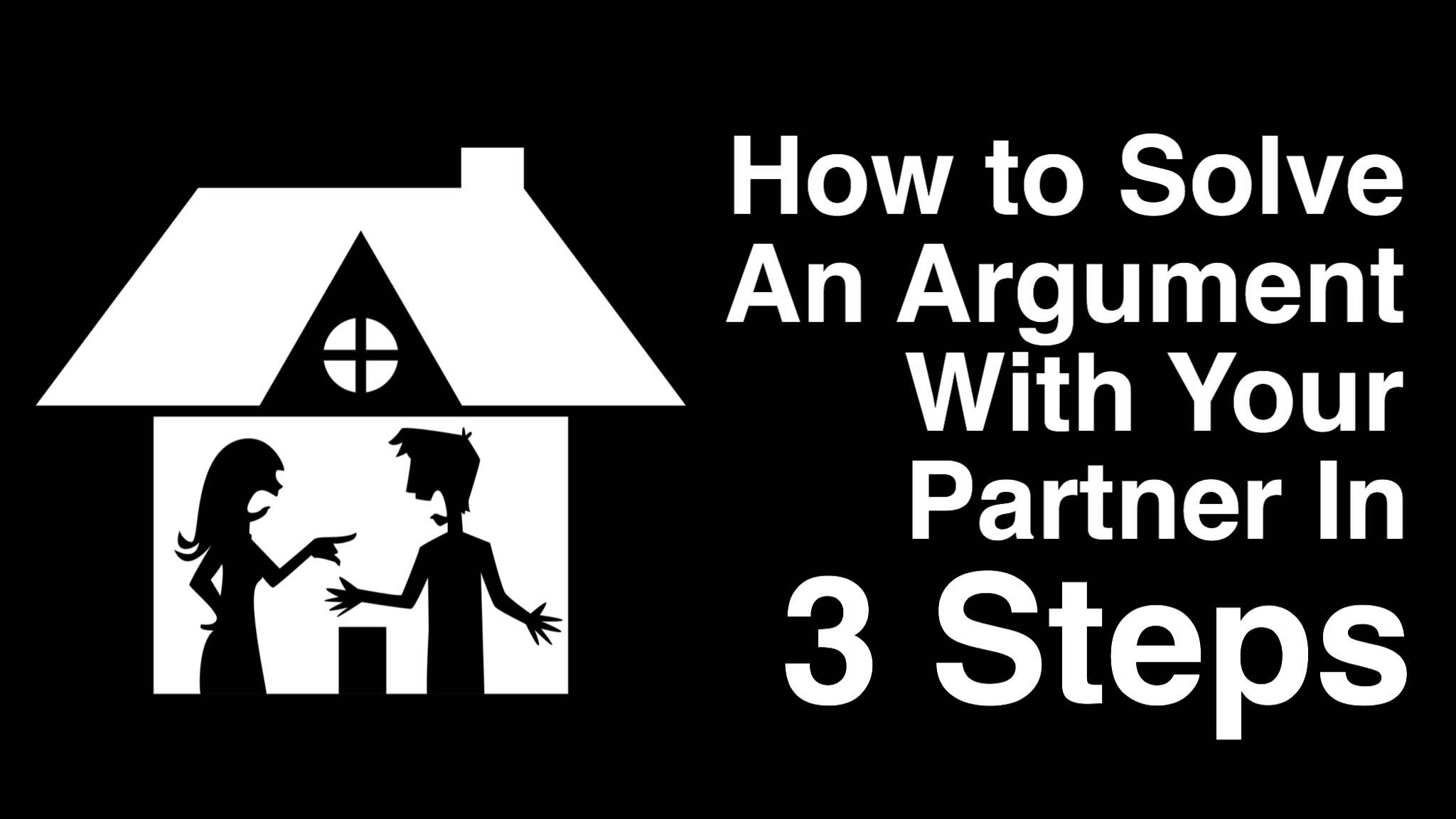Have you ever heard of a relationship void of arguments? Yeah, we didn’t think so. All relationships go through ups and downs. Every couple has their fair share of arguments. Disagreements tend to happen when two people merge their personalities and interests together and have to overcome the challenges of daily life. However, just because life throws us curveballs does not mean we have to fight all the time with our partner. While healthy relationships do have disagreements, these tiffs shouldn’t become so commonplace that a couple forgets why they even got together in the first place.
Here’s how to reduce arguments with your partner:
1. Don’t get worked up over little things.
In other words, “Don’t sweat the small stuff.” We have all heard this phrase before, but how often do we practice it in our daily life? This advice can apply to pretty much any situation, but in a relationship, it means to forgive and forget. It means not expecting perfection from your partner, and learning to let things slide.
Of course, you shouldn’t allow behavior that actually hurts you emotionally or physically, but if your partner forgets to start the dishes or leaves laundry on the bathroom floor, don’t sweat it. Give them a chance to apologize and explain why they forgot. What is more, tell them you understand. Maybe they got caught up with work or it just slipped their mind; it happens. If you let the little things go, you’ll notice a lot less arguing between you and your partner.
2. Listen to understand, not to reply.
Otherwise known as active listening, much of society could benefit by utilizing this forgotten skill. Most people hear what another person is saying, but they don’t really listen. What is the difference, you ask? Well, “normal” listening usually involves hearing the other person while focusing more on distractions such as a phone or TV show, and not giving the speaker the full attention they deserve – or half-heartedly engaging while really just waiting to talk.
Active listening means really trying to understand the other person and giving meaningful responses throughout the conversation. Practicing this skill with your partner will surely reduce arguments because your communication will improve and you’ll understand each other better.
3. Don’t have unrealistic expectations.
Sure, we would all like a fairy-tale relationship, but those only exist in movies and books. When you factor real life into the equation, the story shifts a little. It becomes more about two people taking on the battles of life and overcoming them together. As we touched on in the first point, don’t expect from your partner what you can’t give yourself. Yes, you should expect basic things like respect, honesty, and communication; if you aren’t receiving those, you need to have a discussion with your partner.
At the same time, it wouldn’t be wise to let an idealistic view of relationships cloud your vision and cause you to argue with your partner more than you need to. Changing your expectations a bit to match to reality can help reduce arguments with your partner.
4. Remember your common goal.
No one wants to fight all the time; it adds so much unnecessary stress and strain to a relationship. Remember that your partner doesn’t want to argue with you every day either, so keep that in mind next time an argument begins. If you both navigate the argument with a common goal of peace and understanding, it will make it a lot easier to settle the disagreement.
5. Don’t attack their character.
This is also called an ad hominem argument. It means avoiding the real topic of discussion by attacking someone’s personality and character. Making insulting comments about your partner will only make them defensive and even angrier. A verbal attack like this can also do lasting damage in a relationship.
Instead of saying things that you probably don’t mean, reduce arguments by focusing on the subject at hand, or the behavior they displayed that hurt you. This way, you can have a mature discussion instead of resorting to name-calling and insults.
6. Never assume.
Assumptions cause a lot of misunderstandings in relationships. If you don’t know what someone means or you’re unsure of something, simply ask for clarification. Gaining clarity about a matter can stop an argument in its tracks because you might realize you have no reason to be mad in the first place! Perhaps you have the wrong perception of what happened or what your partner meant.
It’s always better to ask questions than make assumptions.
7. Focus on finding a solution, not “winning.”
A lot of couples lose sight of the “we” in their relationship and instead focus on “me.” Arguments quickly become more about winning than about solving the problem at hand. You have to remember that you’re a team and that no one wins if both people aren’t happy. If you approach a disagreement with the common goal of finding a solution that works for you and your partner, this can help to reduce future arguments. What is more, it can make your relationship stronger.
Final thoughts
“Say what you mean, but don’t say it mean.” – Andrew Wachter, marriage counselor
All relationships deal with arguments at times, but that doesn’t mean you should lose sight of the positive partnership you have. If you remember to work together instead of trying to win the battle, you’ll reduce arguments with your partner and develop a deeper bond together.
(C)Power of Positivity, LLC. All rights reserved


















